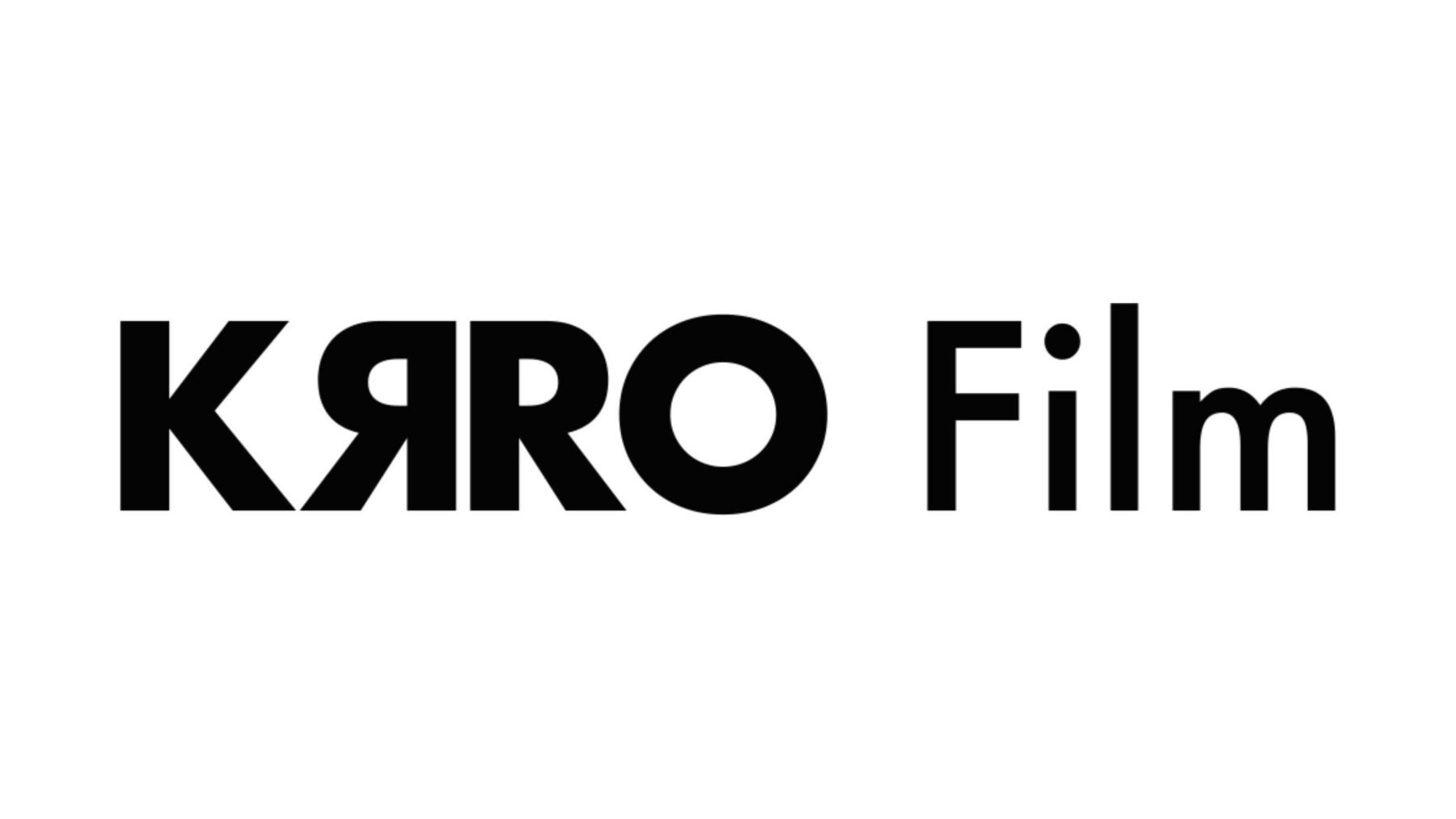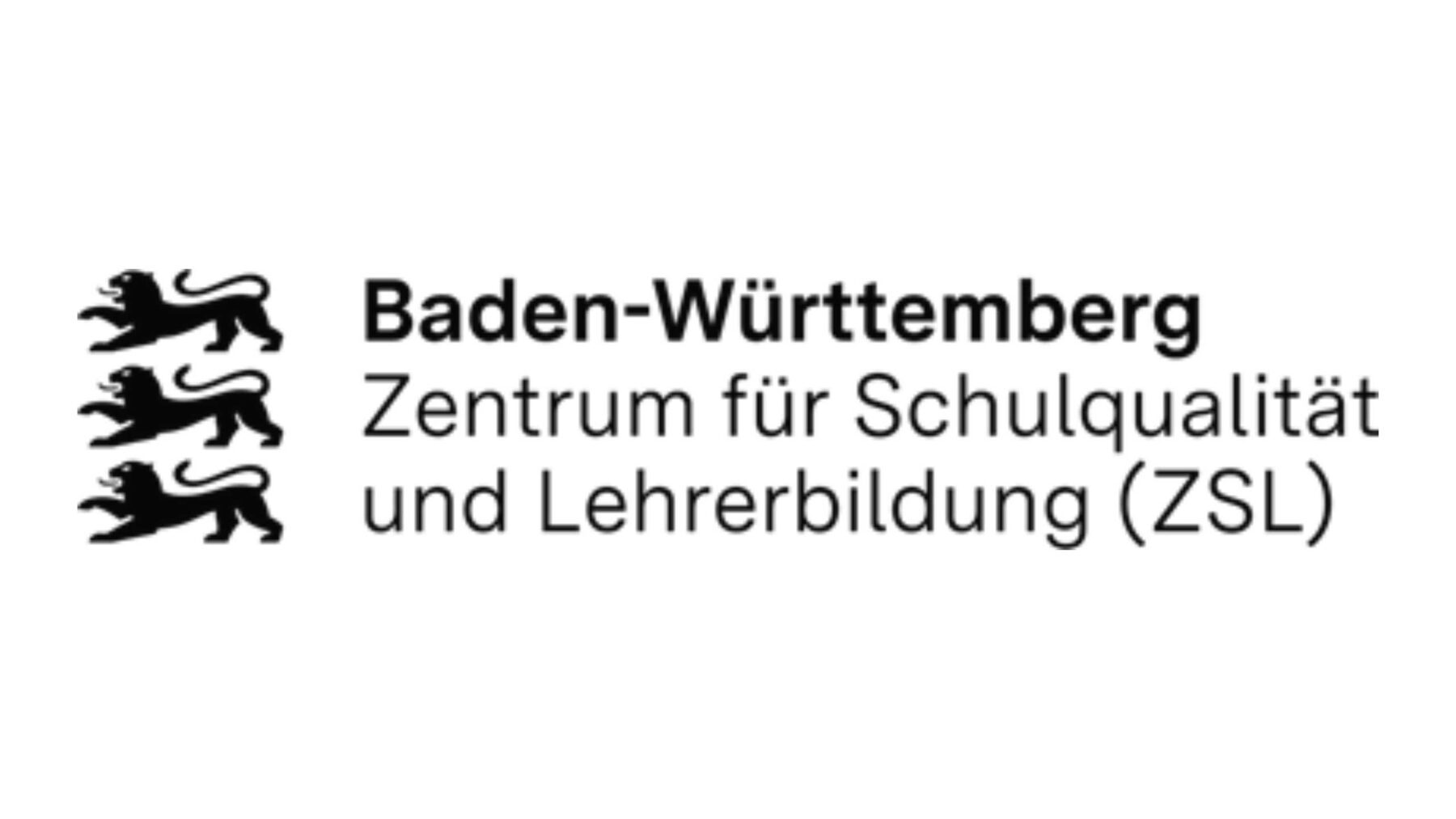Video Installation: Generation 1975 – Experiencing a New Germany at 14

Opening: 2 October 2025, Brandenburg Museum
Duration: 3 October 2025 – 22 March 2026
Open Tuesday to Friday from 3 p.m., Saturday and Sunday from 11 a.m.
What does it mean to experience reunification at the age of 14?
In this video installation, nine people from Brandenburg, Baden-Württemberg, East and West Berlin share their personal experiences of division, the fall of the Berlin Wall, and a new beginning in a unified Germany.
- Which opportunities did suddenly appear, and which familiar certainties disappeared?
- How did origins, experiences, and expectations from East or West shape views of the new country?
- And how did these different starting points influence their later lives?
Visitors encounter a 60-minute feature film as well as in-depth individual interviews. The installation places them face-to-face with the portrayed individuals, turning the theme of transformation into a multi-perspective, biographical narrative.
The installation conveys personal experiences that continue to resonate in today’s social debates. The opportunities, ruptures, and losses of coming together are vividly brought to life through the voices of eyewitnesses.
“If people keep telling you that everything you did before was completely wrong – that sparks resistance.”
— Stefan E., East Germany
“We always felt that everything was good for us, that we had a great life, that we could do what we wanted … It was fun to live in the West.”
— Marion S., West Germany
Workshop on the Video Installation

Target Group: Students from grade 10 upwards
Goal & Method
Up to eight video interviews are examined through specific guiding questions. The workshop follows a principle of multi-perspective history education: contrasting East and West viewpoints, individual experiences, and diverse interpretations without forcing uniformity.
Guiding Questions
- Which perspectives shaped East and West?
- Which hopes and losses accompanied the upheaval?
- What does it mean to be 14 at a historic turning point?
Role Play & Perspective Shift
Based on selected interviews, participants take on the roles of eyewitnesses and discuss their perspectives in a moderated roundtable. This creates a lively exchange about experiences, expectations, and outlooks in 1989/90.
Looking Ahead – from the Year 2055
As a closing exercise, participants produce short video clips imagining themselves in 2055, reflecting on formative moments of their own youth.
The workshop highlights how past, present, and future intertwine – and how memory and identity shape life paths. It fosters empathy, perspective-taking, and critical reflection through historical learning.
Duration: 3.5–4 hours
Cost: Free of charge
Booking: bildung@gesellschaft-kultur-geschichte.de | +49 331 620 85 50
About the Project: “Connecting Generations”
The installation is based on a research project by the University of Tübingen that explores German-German history through the lens of different generations. The interviews were artistically realized by KRRO Film, creating a compelling installation that brings people close to history and makes multiple voices heard.
The interviews are part of the source corpus available in the “Archiv Deutsches Gedächtnis” research portal. Their evaluation and presentation serve both scholarly documentation and historical-political education.
Eyewitnesses in the Installation – Key Places of Childhood
- Anja K. – born and raised in Pritzwalk (Brandenburg)
- Stefan E. – born and raised in Eberswalde (Brandenburg)
- Katharina F. – born in Basel, raised in Lörrach (Baden-Württemberg)
- Dirk P. – born in Berlin-Wedding, raised in Tegel-Süd (West Berlin)
- Laila G. – born in Berlin-Pankow-Heinersdorf, raised in Prenzlauer Berg (East Berlin)
- Tilmann W. – born in Heilbronn/Unterheinriet, moved to Backnang in 1985 (Baden-Württemberg)
- Markus A. – born in Berlin-Pankow, raised in Prenzlauer Berg (East Berlin)
- Cansel K. – born and raised in Berlin-Kreuzberg (West Berlin)
- Marion S. – born and raised in Friedrichshafen (Baden-Württemberg)
Project Partners & Funding
Project Lead: Hector Institute of Education Science and Psychology (University of Tübingen)
Realization: KRRO Film
Main Funder: Federal Foundation for the Reappraisal of the SED Dictatorship
Cooperation Partners:
- Berlin Wall Foundation
- Coordinating Office for Contemporary Witnesses
- Center for School Quality and Teacher Training (ZSL)
- FernUniversität in Hagen
Organizers
The Brandenburg Museum is part of the Brandenburg Society for Culture and History gGmbH, funded by the Ministry of Science, Research, and Culture of the State of Brandenburg and the City of Potsdam.






